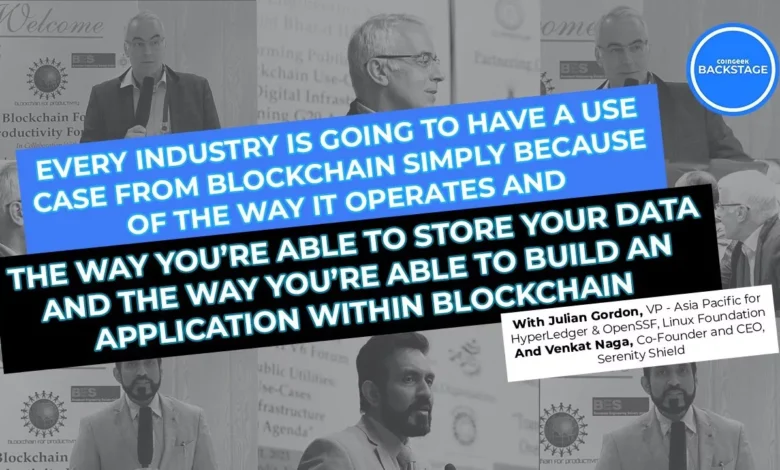OKX digital asset exchange shuts India operations

Seychelles-headquartered OKX, the second-largest global digital asset exchange by trading volume, has announced it no longer serves Indian users. The exchange has asked Indian users to close all their margin positions and positions in perpetuals, futures, and options and withdraw funds from their accounts by April 30.
Attention Crypto Traders🚨
Have you traded on OKX?
They’re closing operations in India👀.
Here’s what you need to do, to ensure you’re not in trouble later on
A thread 🧵#KoinXCares pic.twitter.com/1MXrogdyJm
— KoinX (@getkoinx) March 21, 2024
“After this date, we’ll restrict your account. You will still be able to withdraw funds, but other functions will become unavailable. Your funds will remain safe and available in your account until you withdraw them,” OKX said in the notice.
“This was expected,” Rajagopal Menon, vice president of WazirX, one of India’s largest digital asset trading platforms, told CoinGeek in an emailed statement.
“It’s anticipated that more foreign exchanges will follow suit and cease offering services to Indian users in the near future, aligning with the government’s regulatory directives,” Menon said.
Last December, the Financial Intelligence Unit (FIU), India’s anti-money laundering agency, issued ‘compliance show cause’ orders to nine digital asset exchanges—Binance,
Bitfinex, Bitstamp, Bittrex, Gate.io, Huobi (now HTX), Kraken, Kucoin and Russia-based MEXC Global. The Indian government said these exchanges were operating illegally without complying with the provisions of the Prevention of Money Laundering Act.
India also blocked access to foreign digital asset exchanges like OKX, Binance, and Kucoin on grounds of non-compliance. Apple (NASDAQ: AAPL) pulled some foreign exchange apps from its App Store, while Google (NASDAQ: GOOGL) delisted the trading platforms from its Play Store in India.
“When initial regulatory actions targeted foreign exchanges, it caught many investors and traders off guard. However, this time around, the community was more prepared for such developments,” Menon added.
OKX shutting India operations comes at a time when the exchange is expanding its international footprint. It has opened an exchange in Turkey named OKX TR and has
launched exchange and Web3 services in Argentina. Earlier this month, OKX received in-principle approval for a payments license to operate in Singapore. Founded in 2017, OKX says it has more than 50 million users in over 180 regions globally.
“As India moves towards a regulated crypto environment, we can expect increased scrutiny from financial authorities,” Sumit Gupta, co-founder of CoinDCX, India’s first digital currency unicorn, told CoinGeek.
Regulatory actions
In March 2023, India’s Finance Ministry made it mandatory for digital asset exchanges to register with the FIU and comply with other norms under the Prevention of Money Laundering Act. The move required exchanges to conduct due diligence and report suspicious or high-value transactions to the authorities. Prior to this, digital asset exchanges typically provided information when requested by authorities.
While the South Asian nation is looking to regulate the digital assets space, India’s Finance Minister Nirmala Sitharaman said that ‘cryptocurrencies’ cannot be a legal currency in India, but are simply assets for trading and speculation.
At the same time, Uday Kotak, the founder of India’s third largest private bank, Kotak Mahindra, labeled digital currency as an “alternate market currency” and a necessary counter hedge for governments worldwide who misbehave and are irresponsible on the fiscal or monetary side over long periods of time.
“India needs crypto than other developed countries,” Sathvik Vishwanath, chief executive of digital asset exchange Unocoin, said on X. “We have devaluing rupee, increasing unemployment and inflation, expensive remittances and conversion rates. Crypto has an answer for many such issues!”
Watch: India is going to be the frontrunner in digitalization

New to blockchain? Check out CoinGeek’s Blockchain for Beginners section, the ultimate resource guide to learn more about blockchain technology.



